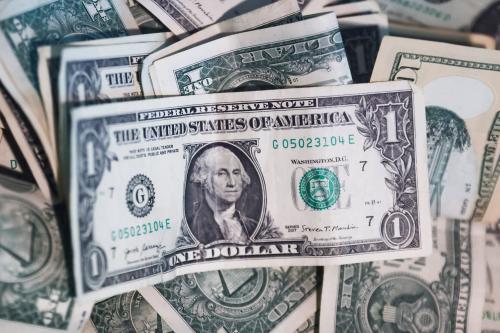Hugo Chavez’s supporters poured into the streets, crying and mourning the loss of a man whom many considered a saint. They may explain the shortages in the stores, the soaring inflation and the failure to deliver government services to Chavez’s illness, but the cause of the economic woes began long before December 2012 when Chavez left Venezuela for a hospital in Cuba.
Nicolás Maduro is the chosen heir. As vice president, the constitution empowers him to run the country while elections are organized and held within 30 days. This timeline may well be adjusted; shortening the time to capitalize on the emotional outpouring or lengthening the time due to “turbulencia” (unrest) in the country. Whichever, the opposition party that gathered together for presidential elections in October 2012 will have a hard time winning this election.
Governor Enrique Capriles Radonski is the leader of a coalition, known as MUD (mesa de la unidad democratica). The government’s political tactics of last October—limited access to the nationally controlled airways, overwhelming distribution of public goods—will probably be repeated in this forthcoming election. The MUD faces an uphill campaign, and is unlikely to succeed.
However, the economy is in shambles and the blame will be posted firmly on the government’s door. Whoever wins the forthcoming presidential election will have to confront an overvalued currency, despite the most recent 32 percent devaluation, the need to reinvest revenues from the state-owned oil company, PDVSA, in maintenance and parts, and 20% inflation. Once the election is over, economic austerity will have to begin. Venezuela’s president will have to undertake unpopular, but necessary economic policies. Fortunately, oil continues to flow but much of it is already committed to pay off international creditors. Venezuela may now need the help of the multilateral institutions. Contemptuously treated over the last few years, they are the bankers of last resort.
The Brookings Institution is committed to quality, independence, and impact.
We are supported by a diverse array of funders. In line with our values and policies, each Brookings publication represents the sole views of its author(s).



Commentary
Chavez’s Death and a Forthcoming Political Battle in Venezuela
March 6, 2013